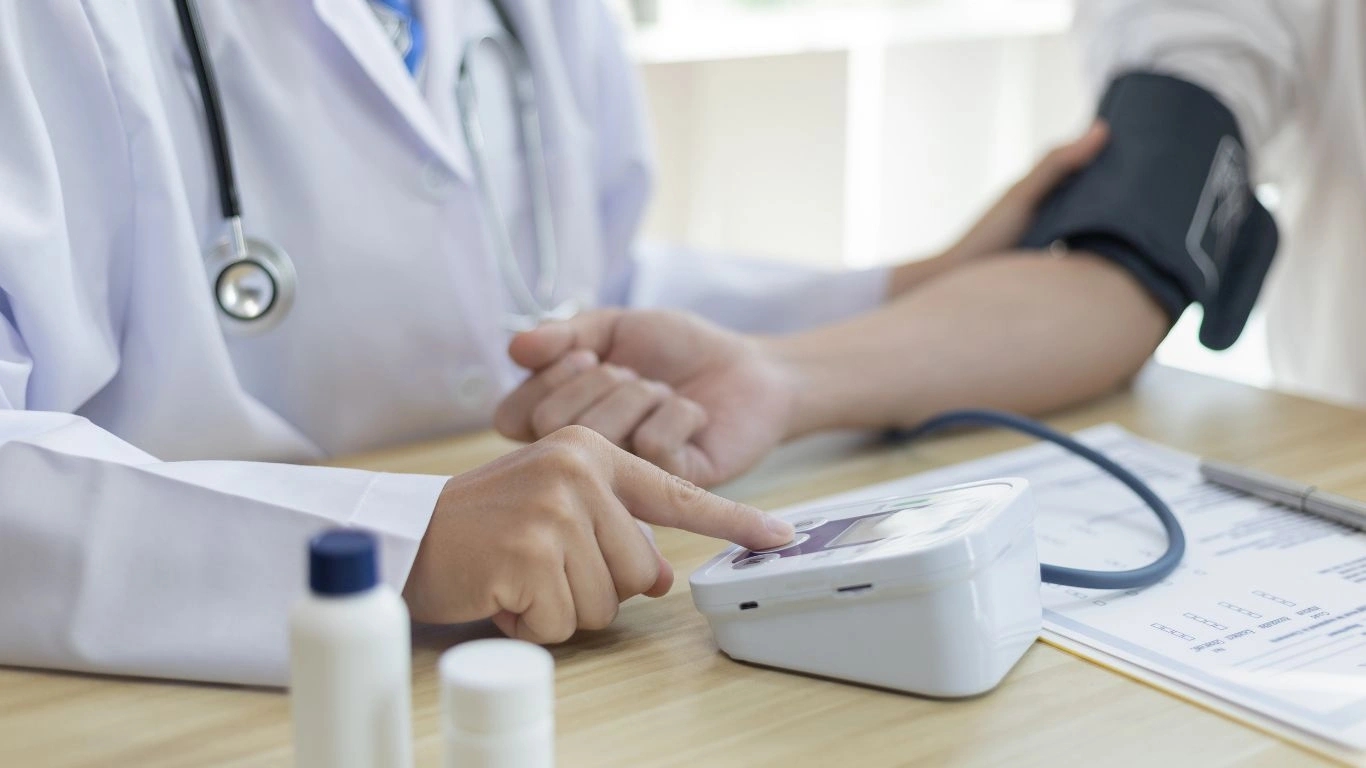Why Licorice Can Raise Blood Pressure and What to Know
Licorice might seem like a harmless treat, but did you know it can affect your blood pressure? Whether you enjoy it in candy, tea, or as a herbal remedy, it’s important to understand how licorice interacts with your body. This article explores the link between licorice and blood pressure in a simple, clear way so you can make informed choices about your health.
Understanding Licorice and Blood Pressure
Licorice comes from the root of the Glycyrrhiza glabra plant. It has been used for centuries in traditional medicine to soothe sore throats, ease stomach problems, and support the immune system. You’ll also find it in some candies, herbal teas, and supplements.
Blood pressure is the force of blood pushing against the walls of your arteries as your heart pumps. When this pressure is consistently too high, it’s called hypertension. Over time, high blood pressure can lead to serious health issues like heart disease, stroke, or kidney problems.
Many people don’t realize that certain foods and herbs can influence blood pressure — and licorice is one of them. That’s why it’s worth knowing how it works.
How Licorice Affects the Body
Licorice contains a natural compound called glycyrrhizin. This chemical is sweet—about 50 times sweeter than sugar—but it can also affect your hormones and body chemistry.
Glycyrrhizin can cause the body to hold on to sodium (salt) and lose potassium. This imbalance can make your body retain water and increase blood volume, which raises blood pressure.
In more detail, glycyrrhizin blocks an enzyme that normally helps break down cortisol, a stress hormone. When cortisol levels stay high, it acts like another hormone called aldosterone, which tells your kidneys to keep sodium and get rid of potassium. This chain reaction can lead to elevated blood pressure.
While not everyone is sensitive to licorice, even small amounts over time can affect some people—especially those who already have high blood pressure or are taking medications for it.
Signs Licorice Might Be Affecting You
If you consume licorice regularly—whether in food, tea, or supplements—here are some signs it may be raising your blood pressure:
- Headaches that don’t go away easily
- Swelling in your ankles or hands
- Muscle weakness or cramps
- Unusual fatigue or low energy
- Increased thirst or need to urinate
- Feeling anxious or jittery
These symptoms can be subtle or easily mistaken for other conditions, so they’re often overlooked. If you notice any of these after using licorice products, it may be worth cutting back and seeing how your body responds.
Keep in mind that black licorice is the main type linked to these effects. Red licorice or candy labeled “licorice-flavored” often doesn’t contain real licorice root.
Who Is Most at Risk?
Some people are more likely to experience a blood pressure increase from licorice. These include:
- Adults over age 40
- People with high blood pressure or heart disease
- Anyone taking blood pressure or diuretic medications
- People with kidney problems
- Those with low potassium levels
If you’re in one of these groups, even moderate licorice use could pose a risk. Reading product labels and checking for “glycyrrhizin” or “licorice root extract” can help you avoid unwanted side effects.
How Much Licorice Is Too Much?
There isn’t a one-size-fits-all amount, but health experts suggest that more than 2 ounces (about 60 grams) of black licorice per day for two weeks can cause health issues in some people.
Some herbal teas and supplements also contain concentrated licorice extract, which can be stronger than candy. Even small daily doses over a long time may cause problems if your body is sensitive.
Look for products labeled “deglycyrrhizinated licorice” (DGL) if you want to avoid these effects. DGL has the glycyrrhizin removed and is considered safer for most people.
If you’re unsure about a product, ask your doctor or pharmacist to check it with you. They can help you understand the ingredients and how they might affect your health.
When to Talk to a Doctor
It’s always a good idea to talk to your healthcare provider if you notice changes in your health after consuming licorice. Seek medical advice if you experience:
- Sudden or persistent high blood pressure
- Swelling in your legs, face, or abdomen
- Irregular heartbeat
- Muscle pain or severe cramps
- Confusion or dizziness
Your doctor can run tests to check your potassium levels, kidney function, and blood pressure. They may also review your diet and any supplements or herbs you’re using.
Don’t stop medications or make big changes on your own—always check with a professional first. If licorice is part of your routine, bring that up during your next visit.
Final Thoughts
Licorice may be a comforting flavor or a trusted remedy, but it’s not without risks. The glycyrrhizin it contains can raise blood pressure and cause an imbalance in your body’s salt and fluid levels.
Staying informed and reading product labels can go a long way. If you enjoy licorice, consider how much you’re consuming and whether it’s affecting your health. There are safer alternatives available if you need them.
If you ever feel unsure, talk to your doctor or a pharmacist—they can help you decide what’s right for you.

Dr. Gwenna Aazee is a board-certified Internal Medicine Physician with a special focus on hypertension management, chronic disease prevention, and patient education. With years of experience in both clinical practice and medical writing, she’s passionate about turning evidence-based medicine into accessible, actionable advice. Through her work at Healthusias.com, Dr. Aazee empowers readers to take charge of their health with confidence and clarity. Off the clock, she enjoys deep dives into nutrition research, long walks with her rescue pup, and simplifying medical jargon one article at a time.







